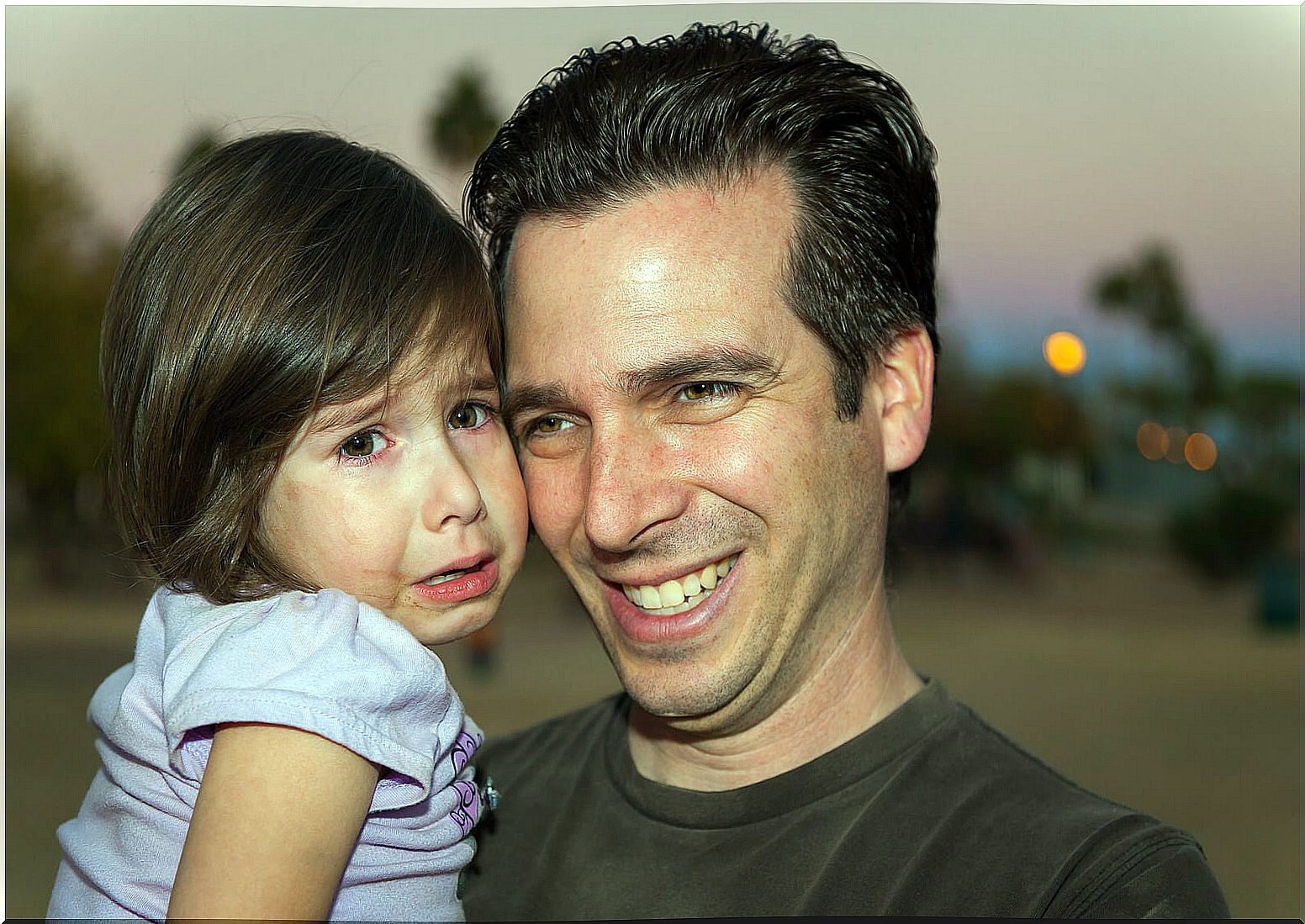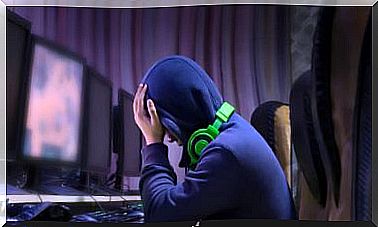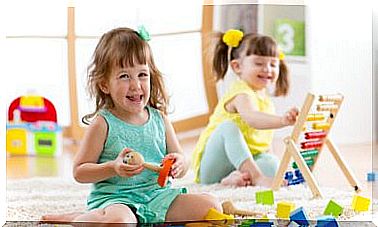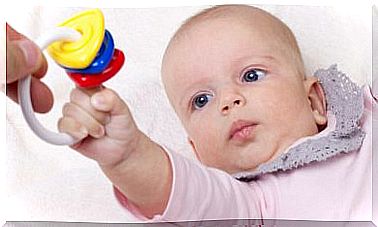Do Not Do For A Child What He Can Do For Himself

We have probably all heard of overprotection, since it is a term that has gained relevance in recent times. And it is not for less, since its consequences can be serious and affect the personality of children, even in adulthood.
However, for parents, it can be difficult to understand how to avoid overprotection on a day-to-day basis. Thus, a phrase that defines him perfectly is the following: do not do for a child what he can do for himself.
Sometimes it is difficult to stop seeing our children as the helpless and dependent babies of us that they once were. Accompanying their growth by adapting to their capacities at all times is not easy. Finding a balance between making them feel safe and fostering their autonomy can be costly, but it is one of the best contributions we can make to their emotional development.

Why do we overprotect children?
Overprotection can be motivated by various causes and, paradoxically, in most cases, there is a good underlying intention. Many of the parents who overprotect their children do so in order to avoid suffering. It is love and the desire to make life easier for them that leads them, for example, to always carry their backpack, dress them when they already know how to do it alone or do their homework.
When a child is afraid of facing a challenge and refuses to try it out of insecurity, some parents encourage him to stay in his comfort zone. This may provide you with short-term relief but, in the long run, you are building an idea of yourself as weak and incapable in your mind. In the same way, if we solve each problem of our children, we are preventing them from experiencing the consequences and growing with that learning.
In other cases, however, parents overprotect their children because they expect perfection from them. Thus, they constantly fly over children, trying to control their attitudes and behaviors. They tell them what to do and how to behave, thus depriving them of the possibility of making mistakes.
These little ones may never fail an exam and never miss homework, but what is really the value of all this if it is not the youngest who has achieved these achievements?
Do not do for a child what he can do for himself
The objective is not to throw our children into a pool where there is no water, or send them to face a challenge without resources for it. It is about building their autonomy and confidence in their own abilities day by day.
To do this, do not do for a child what he can do for himself. Better, give him the necessary instructions and tools and allow him to try, make mistakes and improve with each attempt. And, once he has mastered a skill, let him take on that responsibility from then on.
If your child can already brush his teeth, pack his backpack for the next day, or organize his study time, let him do it. Avoid being constantly on top of him, because, in this way, you convey the idea that you consider him incapable of taking charge and he will end up believing it. Nothing happens if one day you forget a book at home: this experience will help you to be more responsible in the future.
Likewise, it proposes you to participate and take on challenges within your possibilities. A child may not be able to cook an omelette on his own, but he can beat the eggs or pour the oil into the pan.

Autonomy is built day by day
In short, before doing something for your child, ask yourself if he can do it alone. If so, let it take care of it. When you have been applying an overprotective dynamic for a long time, this can be difficult. The first weeks or months you will have to make an effort to change this habit in you and your children, because they will expect you to continue solving all their problems.
However, remember that these small daily tasks are forging their autonomy and self-esteem. Therefore, do not do for a child what he can do alone. In this way, you are showing him your confidence and allowing him to trust himself.










